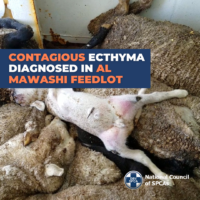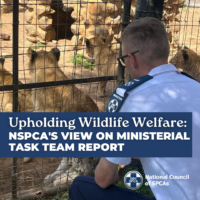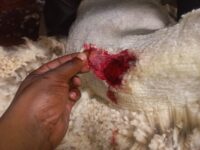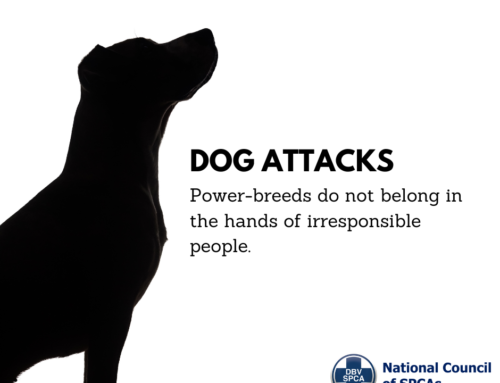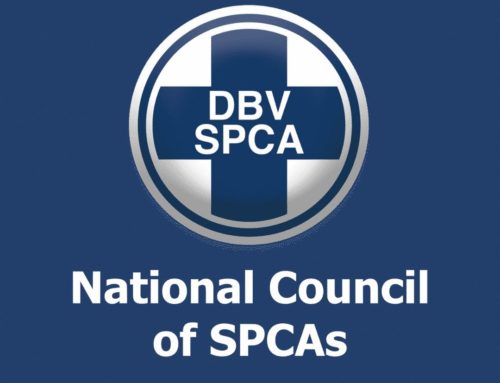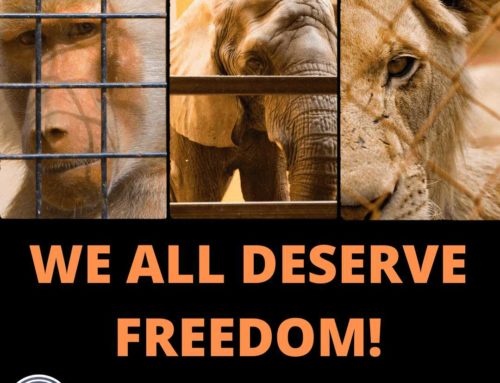The World Organisation for Animal Health (WOAH)(previously known as the OIE) is an intergovernmental organization that works to produce guidelines primarily concerning the control of animal diseases that affect agriculture as well as standards on animal welfare matters. The World Trade Organisation recognizes the guidelines regarding the control of animal diseases but does not recognize the standards regarding animal welfare.
In a nutshell, WOAH will appoint a technical panel, which includes scientists from the relevant field, to put together a basic draft of a guideline regarding a specific animal welfare topic. The draft is then shared with the industry, governments, and animal welfare organisations, for comment. Animal welfare organisations may only comment using peer-reviewed scientific research.
The final draft is then produced by the technical panel and is then sent to the General Assembly which is made up of many member countries- including South Africa. The draft is then either adopted by the General Assembly, or it is sent back to the technical panel if there is no consensus.
The adopted drafts become guidelines. These guidelines do not become recognized as international laws that can be applied in countries that make up the General Assembly. They are seen as the most basic and minimum recommendations regarding animal welfare matters.
Though there is no real consequence for those who do not adhere to the guidelines (because they are not recognized as laws) they still play an important role in terms of animal welfare, especially in countries that do not have adequate legislation for the protection of animals. Fortunately, in South Africa, all animals are protected under the Animals Protection Act no 71 of 1962 which is nationally recognized legislation.
Recently, a WOAH standard for layer hens was not adopted after 3 years of many compromises being made- presumably due to a very progressive language on the needs of layers hens. The South African Government was one of the members that voted not to adopt the standard.
During the process of attempting to have the standard adopted, Japan showed aversion to this protective language and attempted to change it. They were largely unable to remove text based on science.
It has now been discovered that Japan’s ex-farm Minister, Takamori Yoshikawa, has been found guilty of bribery. A former egg producer had given money to Yoshikawa to oppose animal welfare standards produced by WOAH-including the standard for layer hens. “Ex-Farm Minister Yoshikawa Found Guilty of Bribery – Nippon.com, May 26, 2022
The NSPCA has serious reservations about scientific evidence being disregarded by the industry and Governments simply because the science is unfavourable to the trade. We urge our institutions to refrain from placing emphasis on international bodies that cater to global industries and have little to no value for the well-being of the animals. Before these guidelines cater to animal welfare matters- they cater to the needs of global trends. The animals always lose! Emphasis should be placed on the actual legislation in place to protect animals.
— END —
Donate to the NSPCA
If you are as passionate about animals and their well-being as we are, consider supporting our causes by donating here.

